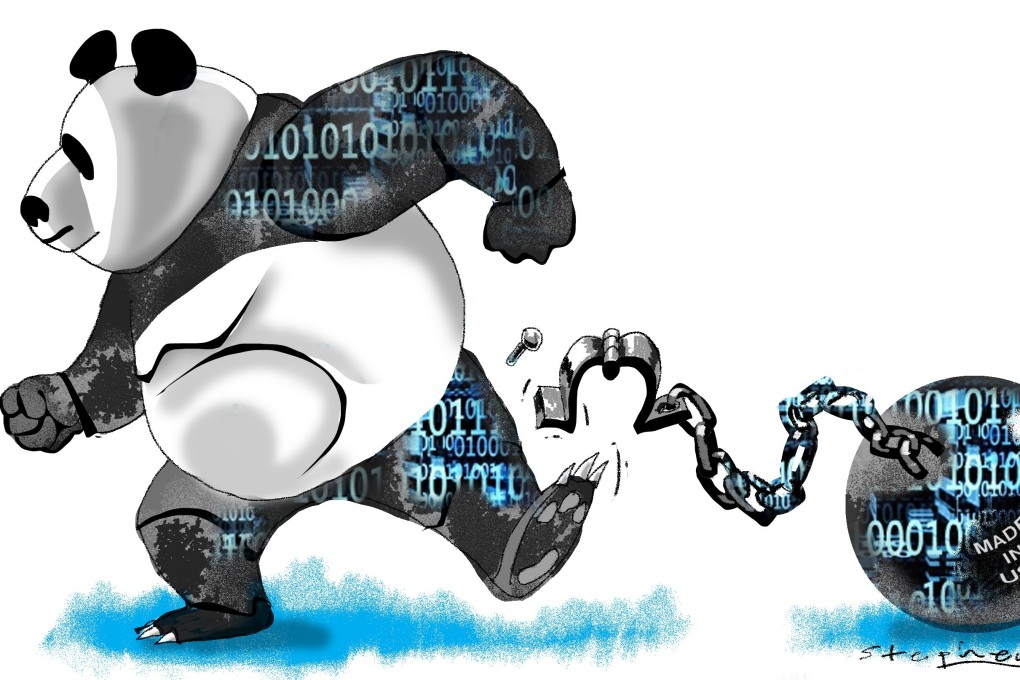Advertisement
Opinion | US-China tech war may lead to global decoupling of supply chains – but there’s a silver lining
- The tech war is prompting Chinese firms to look for or develop alternative sources of hi-tech components themselves. This will make global supply chains more secure
- The world might also be better off with two independent but parallel and mutually compatible 5G systems
Reading Time:4 minutes
Why you can trust SCMP
0

The phase one trade deal between China and the US, signed on January 15, signalled a truce in the trade war. This is a welcome development, not only for the two countries but also for the rest of the world. It is expected to usher in a period of relative calm and reduced uncertainty, which should increase both investment and consumption globally.
However, it is not a net win for either country, even though they are both better off with the truce. They have both suffered economic losses from the mutual tariffs. In fact, China’s estimated loss in gross domestic product is higher than that of the United States, in both absolute and relative terms.
Unfortunately, the conclusion of the phase one trade deal does not mean that things will revert to the status quo ante. US tariffs, with rates averaging almost 20 per cent, will remain on around US$360 billion, or more than 60 per cent, of Chinese exports of goods to the US. Similarly, Chinese tariffs will remain on slightly less than 60 per cent of US exports of goods to China.
Moreover, under the agreement, China has committed to increasing its purchases of US goods by US$200 billion before the end of 2021. However, these purchases cannot be regarded as pure losses as China has a tremendous need for certain goods such as soybeans and pork, oil and natural gas, planes and advanced semiconductors.
But at least the mutual escalation of tariffs has stopped, and the promise of the start of negotiations for a phase two agreement, to be concluded after the US presidential election in November, augurs well for a year of relative peace on the trade war front.

Advertisement
